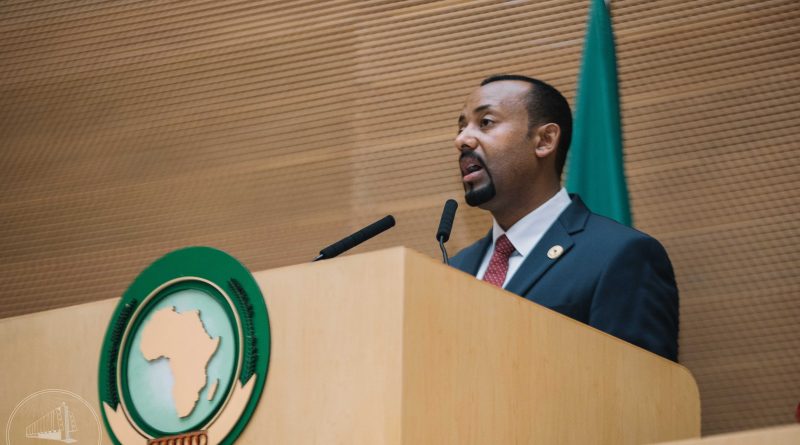Tigray Conflict Escalates Amid New Offensive and Famine Warnings
Jarrett Dang
Editor-in-Chief
Ethiopian troops have launched a new offensive to regain control of the restive Tigray region from ethnic separatists. According to The New York Times, the October offensive comes as a result of months of planning and has seen the use of airstrikes and foreign-made drones made in China, Iran, and Turkey. Government forces are also enlisting the help of anti-Tigrayan militias, although troops from neighboring Eritrea are currently uninvolved.
According to the Associated Press, Ethiopian airstrikes hit the Tigrayan regional capital as recently as October 22, signaling the renewed intensity of the war amid Western attempts to mediate a settlement. The conflict, which is marked by war crimes including civilian massacres and sexual violence on both sides, has isolated Ethiopia on the world stage and drawn rebukes from UN Secretary-General Antonio Guterres and the United States—a key foreign ally. Alienation from the West may drive Ethiopia closer to China and Russia, who have previously invested in Ethiopia and may turn a blind eye to human rights violations.
Since taking office, the Biden administration has publicly condemned the fighting in Ethiopia and introduced a sanctions regime set to take effect on November 1 if violence continues, says the Brookings Institution. The terms include removing all barriers to delivering humanitarian aid to the region, including food and medical supplies. Despite lobbying from the U.S. and regional bodies like the African Union, neither side of the conflict has engaged in any formal peace negotiations.
The latest fighting marks the central government’s latest attempt to put down the Tigray People’s Liberation Front (TPLF), the region’s governing authority that effectively declared independence from Ethiopia in September 2020, reports The New York Times. Prime Minister Abiy Ahmed, Ethiopia’s leader and winner of the 2019 Nobel Peace Prize, has repeatedly defended the war in Tigray and was sworn in for a second term right before the latest offensive. While the national election was boycotted by numerous opposition parties, the prime minister’s fresh mandate may cause him to become both more militaristic and uncompromising in his governance.
The Abiy government has repeatedly refused to deal with the TPLF and imposed an effective aid blockade, at one point leaving hundreds of UN aid trucks stuck unable to cross into Tigray and deliver supplies, according to BBC News. The blockade, delays in aid delivery, and the Ethiopian government’s hostility toward outside organizations exacerbate the famine in Tigray. Some experts have even suggested that hunger is being weaponized to weaken the region for an eventual government takeover.
ABC News says that over 900,000 Tigrayans are at risk of starving to death while up to 7 million are in food-insecure situations. The Ethiopian government has done little to address worsening food security and has been quick to clamp down on any dissent. According to an additional Associated Press report, seven UN officials were expelled from the country on September 30 for criticizing the government blockade. Foreign aid workers operating in the country have fallen under suspicion and have been accused by pro-government supporters of working with the TPLF.
Although the current Tigray conflict only began in late 2020, Ethiopia’s complex system of “ethnic federalism” made the country particularly susceptible to ethnic conflict. Under the current constitution, each of Ethiopia’s regions is defined by ethnicity and a great deal of autonomy from the central government, according to BBC News. The TPLF, representing Tigrayans who make up just 6 percent of Ethiopia’s population, was one of the leading members of the political coalition that ruled the country from 1991 to 2018 under an authoritarian one-party state. Following Abiy’s election in 2018, the party entered the opposition and railed against the prime minister’s reforms meant to redistribute power away from the TPLF.
The latest developments in the Tigray conflict all but confirm the unwillingness of either side to engage in dialogue despite external pressure and a looming humanitarian disaster. Martin Griffiths, the UN’s top humanitarian affairs official, said in an interview with the Associated Press that the worsening food situation in Tigray could become reminiscent of an earlier famine in Ethiopia in the 1980s.



